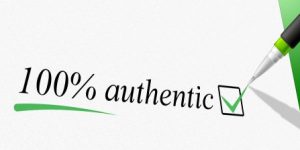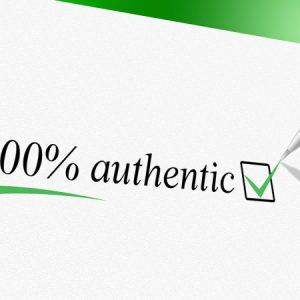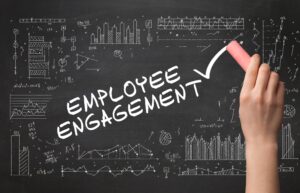
Authentic Leaders Are Self-Aware
Authentic leaders know themselves well, notes Brenda Ellington Booth, a clinical professor of management at Northwestern University’s Kellogg School of Business. When leaders are self-aware,

Authentic leaders know themselves well, notes Brenda Ellington Booth, a clinical professor of management at Northwestern University’s Kellogg School of Business. When leaders are self-aware,

As you read this series of posts on authenticity and leadership, I’ve asked you to think about your own leadership development and the path you

As a leader, how do you practice self-kindness? When it comes to a culture of kindness, leaders set the course. Just like those they lead,

I think we can all agree: companies can no longer be impersonal buildings where employees show up each day, carry out their duties and shut

Most people I work with say their company values include such items as Integrity, Customer Service, Quality, Respect, High Performance, Teamwork, Leadership, and Innovation. Often these words

The most successful leaders I know offer their employees a rewarding work life—an environment that cares for them, values their contributions and gives them a

The topic of leadership authenticity is popping up with great frequency these days, and I’ve noticed that there are two very different definitions (and criticisms)

Are you a positive leader? It’s not just a matter of being “nicer” or more appreciative to people at work. Positive leaders place a higher

An organization’s health is only as sound as its leader’s decisions. Some companies prosper from wise leadership directions, while others struggle after flawed choices—choices that

How a leader responds to adversity reveals how effective that leader truly is. Reactions to setbacks or crises not only test leadership character but define

Business is an active, demanding endeavor. Only those who consistently apply themselves succeed. Organizations that thrive require leaders who actively dream, plan, engage, solve, pursue,

Surveys and studies indicate global job dissatisfaction is at a two-decade high. Disengaged employees account for nearly 70 percent of the workforce, which significantly affects







